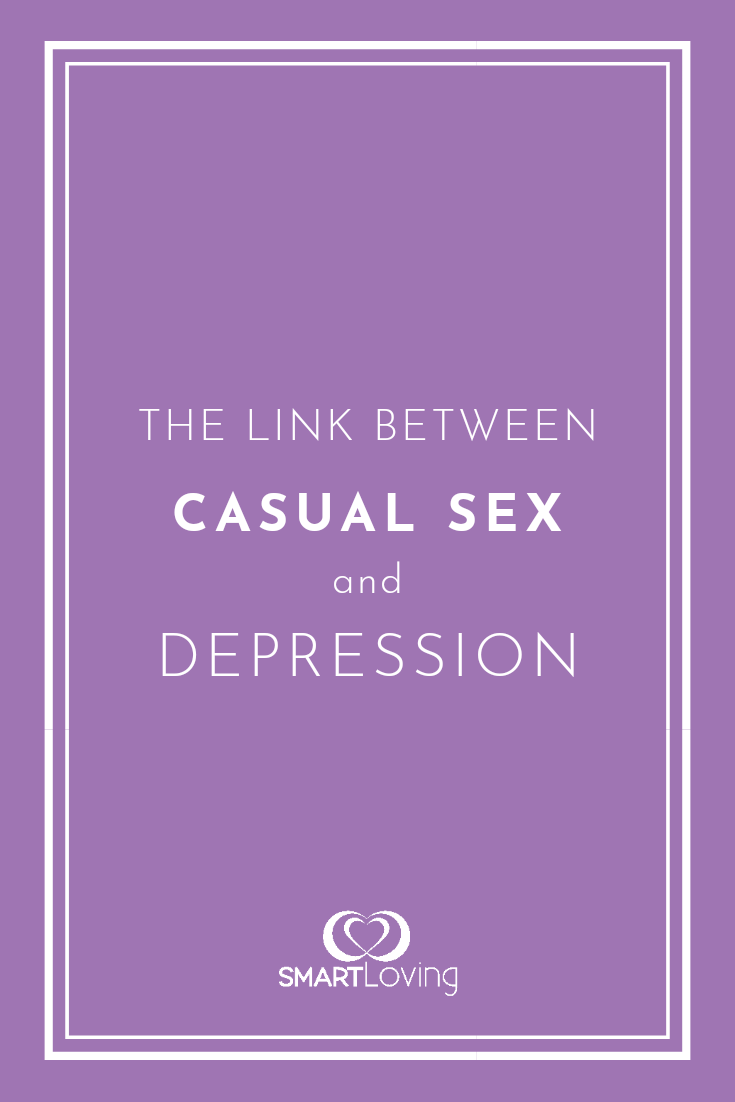How to slow down in an accelerating world

Try losing time with those you love, so says Massimo Introvigne on Mercatornet. Read the full article: here
Why are we so busy? After all, our cars move faster and our emails go faster than snail mail ever did. We ought to have lots of time to spare.
Massimo: Sociologists call it the paradox of the washing machine. They noticed that in developing countries, when the washing machine replaces traditional ways of washing, after a while women complain that they devote more time to washing rather than less. This happens because their husbands and children ask them to wash more clothes more often.
It is the same with emails. We get more emails than we did letters and we are expected to answer immediately. And cars cause traffic jams. It was quicker to go from one to the other end of Manhattan by horse-drawn carriage two centuries ago than by car at rush hour today.
Do different cultures and different economic systems perceive time in different ways?
Yes. Our way of perceiving time is basically Judeo-Christian. The Biblical story of salvation is about linear time while in most other cultures time is cyclical. Linear time generated the possibility of segmenting time according to the liturgy. Clocks appeared firstly in Christian Europe and not elsewhere.
Some sociologists say that the frenetic activity in which we live is the key to understanding modern culture. What do they mean by that?
The sociology of time is indeed an exciting new field of sociology. We can distinguish modernity from other periods in many ways but one key feature is acceleration.
There are different kinds of acceleration. One is technical acceleration, going from horse-drawn carriages to cars and from mail to email. Another is cultural acceleration, changing jobs, places where we live and even spouses several times in our lives, while our ancestors lived most often in a fixed and unchanging identity.
But the most typically modern is psychological acceleration, the constant feeling that we do not have enough time in our days, weeks, and lives.
The most prized skill of a good employee is the ability to multitask. Are we prizing the wrong things?
Multi-tasking is a need in modern economy and culture. We cannot go back to a pre-modern environment – I mean permanently, although we can spend a few days on a retreat living in a different way. However, studies prove that we should multitask with moderation or we risk losing our capability to focus on what we do.
What are strategies that people use to “decelerate”?
I mentioned spending a few days in a farm or even in a monastery for a retreat. This is becoming increasingly popular, as we feel more and more stressed by acceleration processes. Depression is another reaction to acceleration by our bodies and brains. It is also increasingly widespread.
But there are ways to decelerate and avoid depression. For instance if we are in love we learn how to “lose time” with our beloved. And the same is true for spirituality – we learn how to “lose time” with ourselves and with God.
You argue that religion provides “islands of deceleration”. Does this mean that people will increasingly embrace religion?
Prayer, meditation, rituals are all forces for deceleration. Both traditional and new forms of religion also offer institutionalized “islands” for decelerating such as monasteries or retreat centers. I believe that spirituality is not disappearing, quite the contrary, although which forms of religion will prosper and which will fall victims to an acceleration that does not leave much time to be spent in church is an interesting question.
Massimo Introvigne is professor of Sociology of religions at Pontifical Salesian University in Torino, Italy, and the author of some sixty books on the contemporary religious landscape.
– See more at: http://www.mercatornet.com/articles/view/faster-faster-how-to-slow-down-in-an-accelerating-world/




